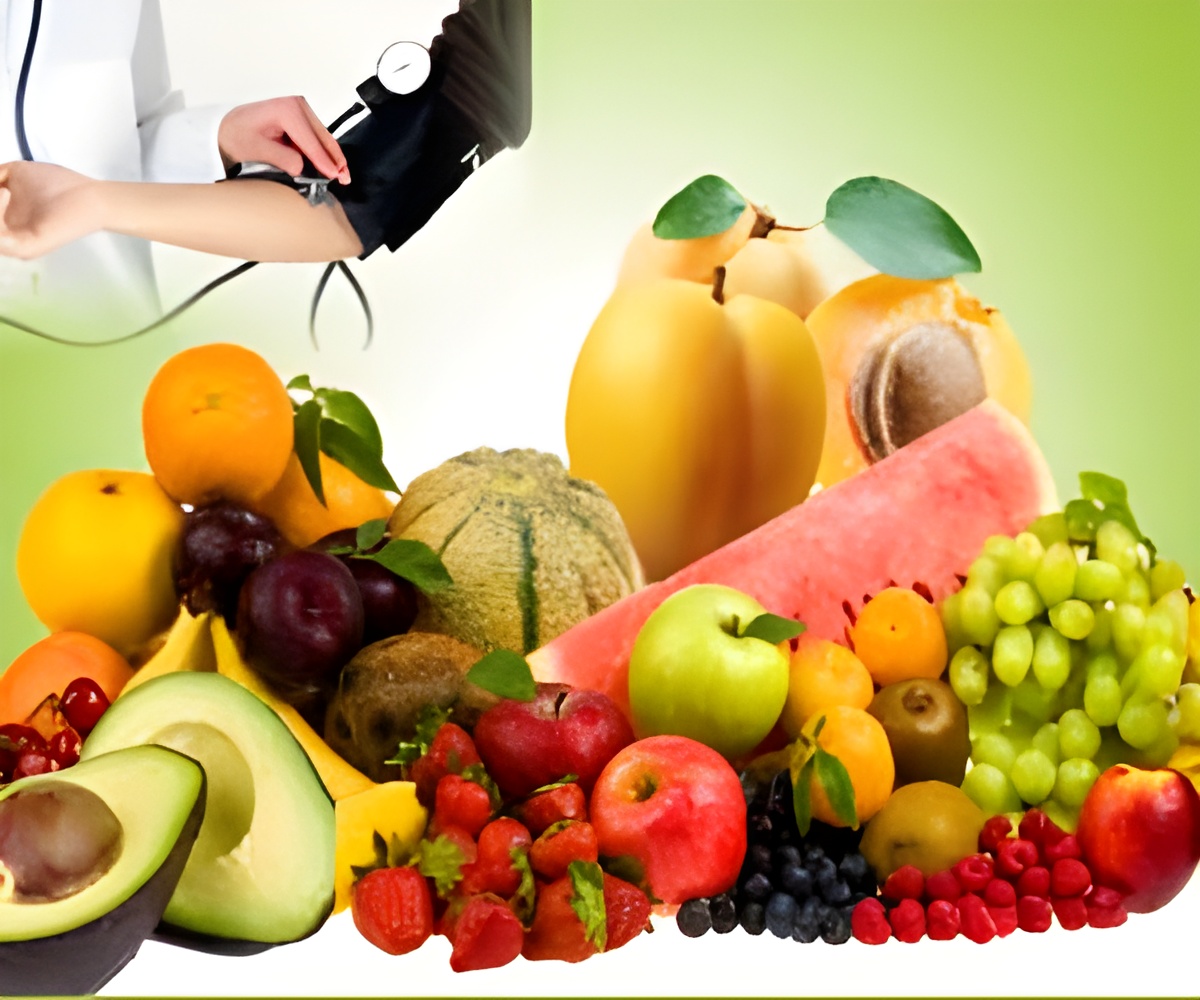You must eat potassium-rich foods like potatoes, sweet potatoes, bananas, tomato sauce, green veggies, citrus fruits, fish and more to prevent hypertension.

Eating 3,000 mg per day of salt or more appears to have no adverse effect on blood pressure in adolescent girls, while those girls who consumed 2,400 mg per day or more of potassium had lower blood pressure at the end of adolescence, the findings showed.
The World Health Organization recommends people to consume no more than 2,000 mg of sodium a day. The current Dietary Guidelines for Americans recommends limiting sodium intake to less than 2,300 mg per day for healthy individuals between the ages of two and 50.
Potassium-rich foods include potatoes, sweet potatoes, bananas, tomato sauce, green vegetables, citrus fruits, fish, yoghurt and fat-free milk.
The researchers examined the long-term effects of dietary sodium and potassium on blood pressure at the end of adolescence. The authors involved 2,185 girls (ages nine to 10) who were followed up for 10 years.
Overall, girls in the highest category of potassium intake (2,400 mg per day or more) had lower late-adolescent systolic and diastolic blood pressure than those girls who consumed less potassium, the results showed.
Source-IANS
 MEDINDIA
MEDINDIA




 Email
Email










